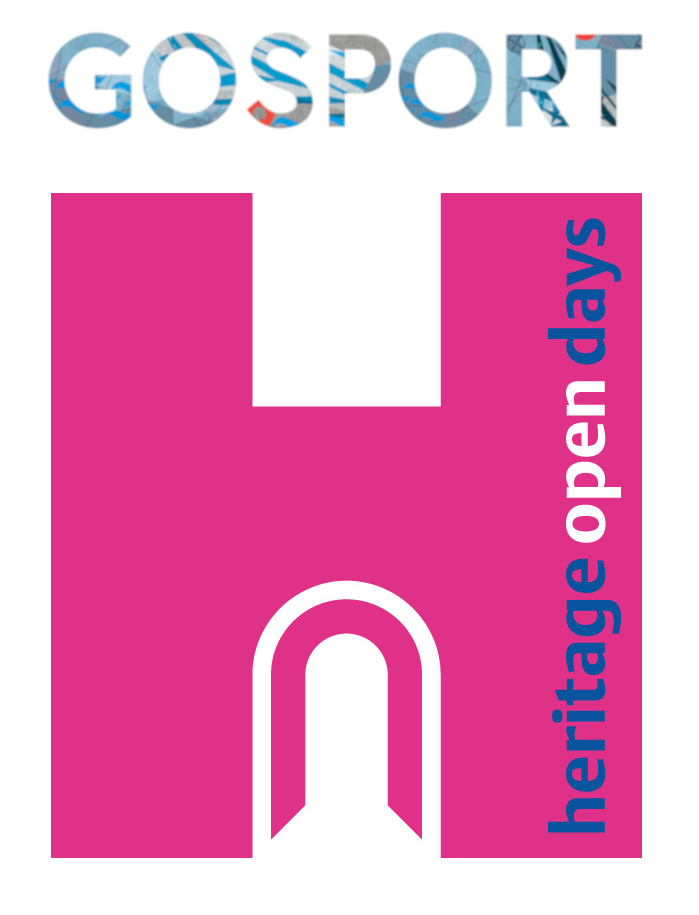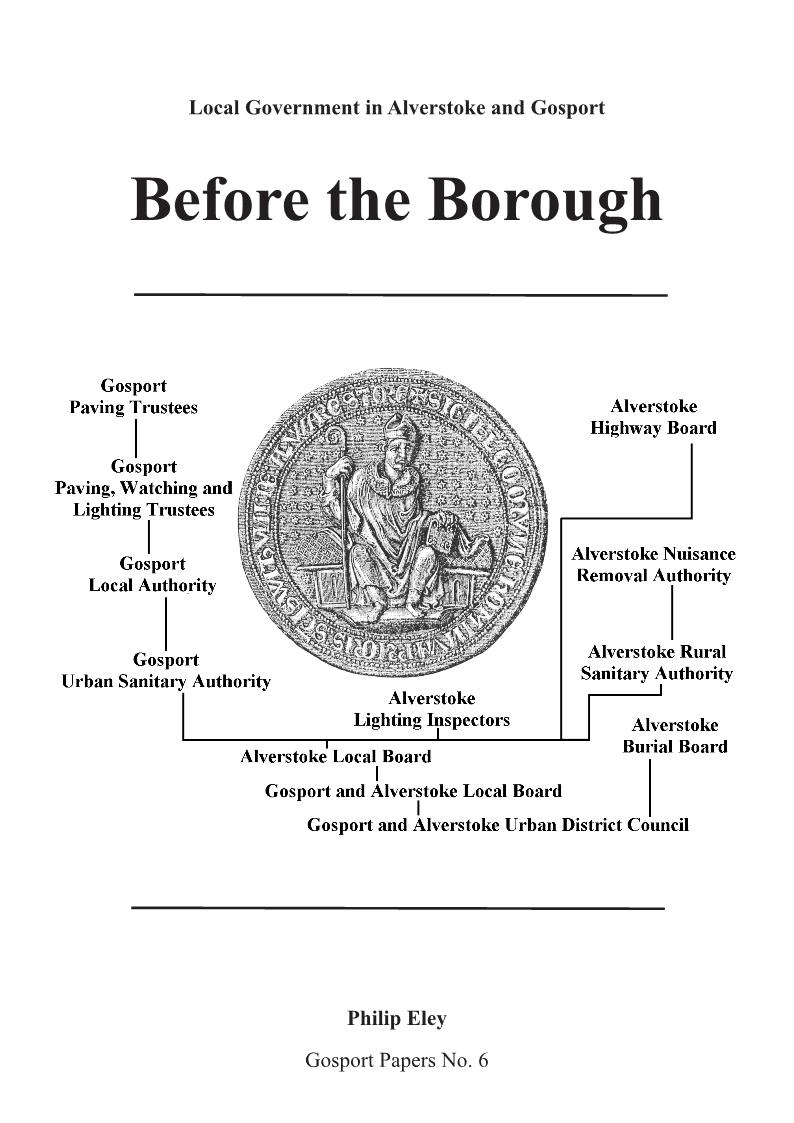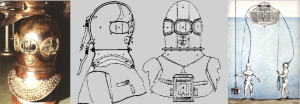“Before the Borough” by Philip Eley (40 A4-sized pages of text with a number of monochrome illustrations), is the sixth title in the Gosport Papers series. It was published in September 2022 to commemorate the 100th anniversary of the formation of the Borough of Gosport, which resulted in the Gosport and Alverstoke Urban District Council (UDC) becoming Gosport Borough Council.
The UDC, formed in 1895, started life in 1874 as the Alverstoke Local Board which, for the first time, united local goverment of the Town of Gosport (within the ramparts) with Alverstoke (the whole of the original parish stretching to the Fareham border at Hoeford). Before 1874 local government in Gosport was under the control of the Paving and Lighting Trustees, a body set up by two private Acts of Parliament in 1763 and 1814, which had morphed into the Gosport Urban Sanitary Authority. Alverstoke had been controlled by three separate authorities: the Highway Board, the Rural Sanitary Authority (formerly the Nuisance Removal Authority), and the Lighting Inspectors. Another separate authority, the Alverstoke Burial Board was formed in 1854 and survived independently until 1901.
‘Before the Borough’ looks at the formation and achievements of each of these strands, using minute books and newspaper reports to give some flavour of the the way they worked, what they could or couldn’t legally do, and some of the arguments which ensued when radical changes were proposed, such as when suggestions of amalgamation were put forward. There was often antagonism between commercial interests in Gosport against the more traditional church-led Alverstoke faction. Some of the leading personalities involved – such as Canon Thomas Walpole, Charles Mumby, and Captain (later Admiral) Edward Field – get their fair share of attention.
Before 1874 the split responsibility meant that some important issues fell between the cracks, and a particular instance of this – the repair and improvement of Gosport Hard – is looked at in some detail. Relations with the military and naval authorities were often fraught, marked by a fierce independence from the local board members. This was particularly seen in the decades-long attempt to proved a proper drainage and sewerage scheme.
There is also a background theme in the way that central government, which initially left local government to its own devices, gradually imposed more responsibilities on the various local boards. Initially this was not compulsory but that gradually changed, particularly after the 1850s. This led to the provision of public amenities such as recreation grounds, a public libary, provision of schools (from 1907), and the evolution of the volunteer fire service into a council-run service. All these subjects, and more, are covered along with the on-off attempts, finally successful in 1922, of gaining Borough status.
‘Before the Borough’ is available (along with other titles in the Gosport Papers series) from Lee Bookshop in Lee-on-the-Solent High Street, priced £6.00.




